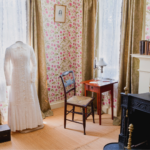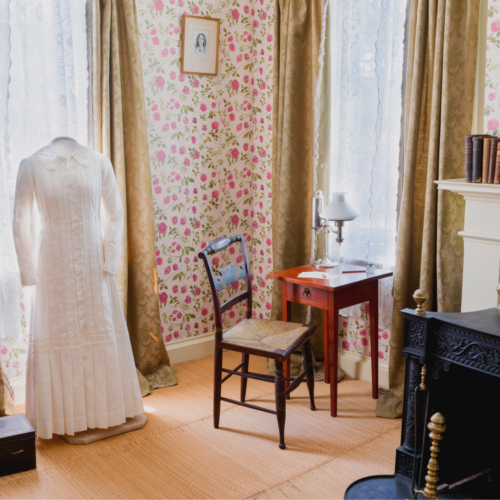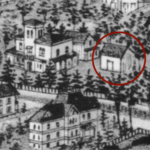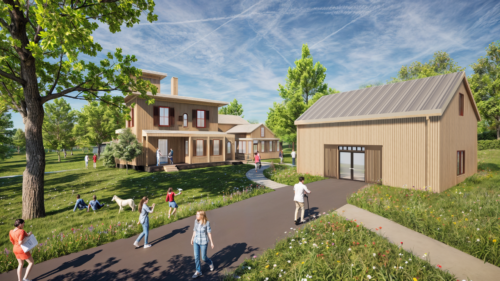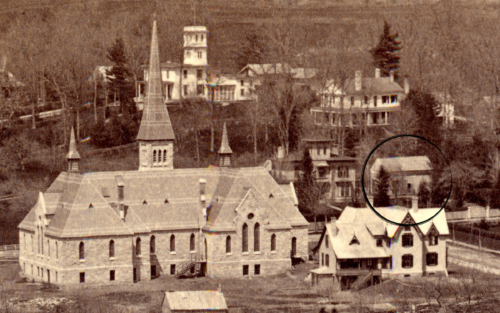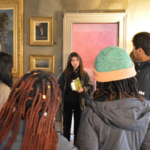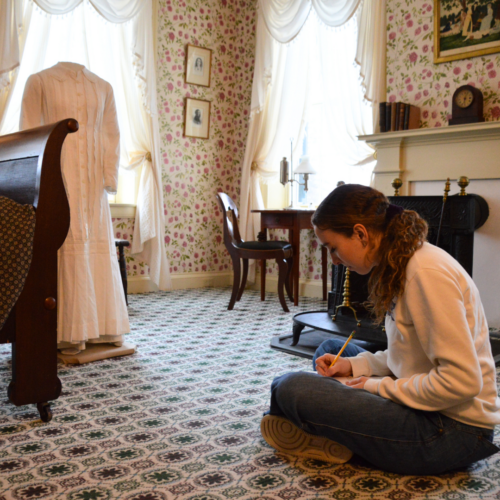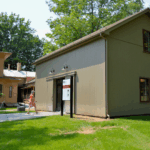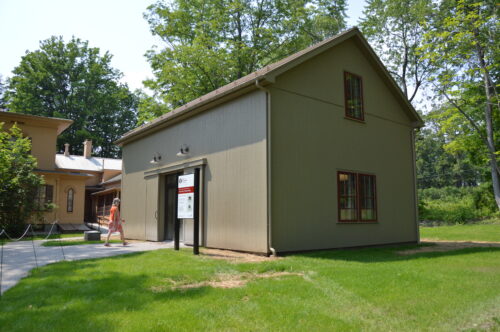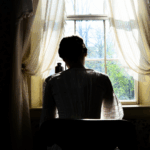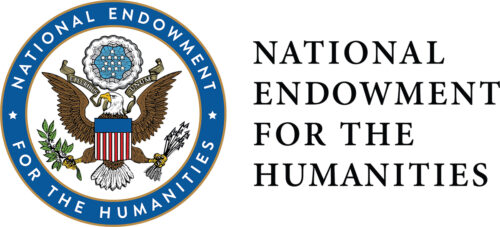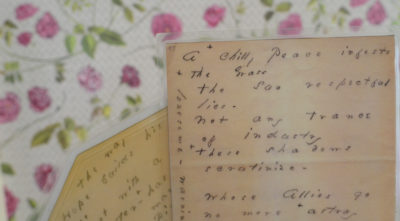 Join us for a lively virtual discussion of Emily Dickinson’s poetry and letters, meeting once a month from March to June. This program is designed to welcome newcomers and seasoned readers of Dickinson alike.
Join us for a lively virtual discussion of Emily Dickinson’s poetry and letters, meeting once a month from March to June. This program is designed to welcome newcomers and seasoned readers of Dickinson alike.
Each session is facilitated by a guest scholar with unique expertise, who leads the group in discussion following an introductory talk. Brief reading handouts will be distributed prior to each month’s program.
Topics and Leaders:
- March: Possession and Dispossession: Jewels in Dickinson’s Poetry with Kylan Rice
Examining Dickinson’s treatment of gemstones, with respect to her attitudes toward race and class privilege
- April: “Because I could not stop:” Courting Death in Apple TV’s Dickinson with Marianne Noble
Revisiting the poetry and plot of Apple TV+ first episode of Dickinson, with a focus on the oft-anthologized “Because I could not stop for Death”
- May: “Sphere of simple Green -” with Renée Bergland
A discussion on Dickinson and natural science, drawing from her recent book, Natural Magic
- June: “A formal feeling comes -“: Defining Nameless Feelings with Eliza Richards
A look at poems that explore feelings with no precise definition in English, such as “After great pain, a formal feeling comes”
Format
As a registrant, you are signing up to join a small group of 25 or fewer regular participants for four 90-minute Zoom sessions. Meetings are participatory, with video and audio encouraged. Because we want everyone to feel comfortable speaking, full sessions will not be recorded. The program is designed for adult audiences (18+).
Registration
We are offering an identical program for Wednesday and Friday groups. Please review the dates carefully — space is limited.
Refunds are not available for this program.
Wednesday Group, $100 program fee (inclusive of all sessions), limited to 25 participants: SOLD OUT
March 19, 6-7:30pm ET
April 23, 6-7:30pm ET
May 14, 6-7:30pm ET
June 11 6-7:30pm ET
Friday Group, $100 program fee (inclusive of all sessions), limited to 25 participants: SOLD OUT
March 21, 12-1:30pm ET
April 25, 12-1:30pm ET
May 16, 12-1:30pm ET
June, 13 12-1:30pm ET
For Educators:
Educators may request a certificate attesting to your participation in the program.
Reservations are made on a first-come, first-served basis.
Questions: Don’t hesitate to reach out to edmprograms@emilydickinsonmuseum.org with any questions about the program.
MARCH
Kylan Rice, PhD, is a scholar of nineteenth-century American poetry. His work on the subject has appeared in ELH, Arizona Quarterly, CR: The New Centennial Review, Leviathan: A Journal of Melville Studies, and Women’s Studies. He is the author of An Image Not a Book, a collection of poetry, and his creative writing has been published in numerous literary journals, including Colorado Review, Image, and West Branch.
APRIL
Marianne Noble’s teaching and research interests include American literature, intimacy and the emotions, and philosophical approaches to literature. She is the author of Rethinking Sympathy and Human Contact in Nineteenth-Century American Literature: Hawthorne, Douglass, Stowe, Dickinson (Cambridge UP 2019) and The Masochistic Pleasures of Sentimental Literature (Princeton UP 2000), which won a Choice Outstanding Book Award. She co-edited Emily Dickinson and Philosophy (Cambridge UP 2013). Recently, she has published articles on Dickinson, Hawthorne, phenomenology, and human contact. In 2016, she was a Fulbright Scholar in South Korea.
MAY
Renée Bergland is a literary critic and a historian of science who teaches in the Department of Humanities at Simmons University where she is Program Director of Literature and Writing. Her most recent publication is Natural Magic: Emily Dickinson, Charles Darwin, and the Dawn of Modern Science (Princeton University Press, 2024). She contributed an essay, “Dickinson Emergent: Natural Philosophy and the Postdisciplinary Manifold”, to the Oxford Handbook to Emily Dickinson (2022). Bergland is writing a forthcoming general audience book examining Dickinson’s poetry as interpreted through the lens of different sciences, including astronomy, geology, and ecology. She is a member of the board of the Emily Dickinson International Society.
JUNE
Eliza Richards is the Director of Graduate Studies at the University of North Carolina Chapel Hill, where she teaches American literature with a specialization in American poetry before 1900. She is especially interested in the way historical events and changes in media networks shape and inform the way that people write poetry, as well as the ways poetry participates in cultural transformations. Her work broadens understanding and awareness of important nineteenth-century poetry written by women, African Americans, and popular writers. Her books include Battle Lines: Poetry and Mass Media in the US Civil War (U of Pennsylvania P, 2019) and Emily Dickinson in Context (edited collection; Cambridge UP, 2013), and she is currently working on The Collected Works of George Moses Horton: A Critical Edition.
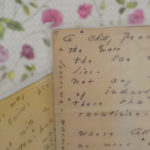
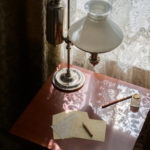
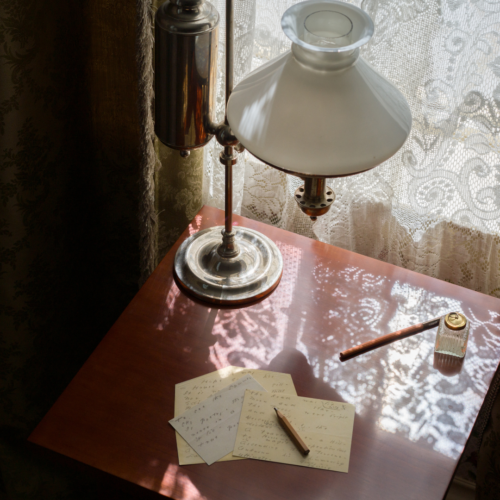 IN-PERSON PROGRAM
IN-PERSON PROGRAM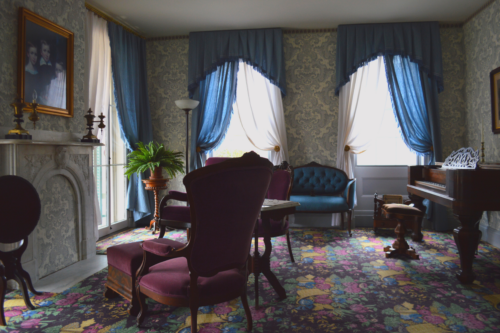
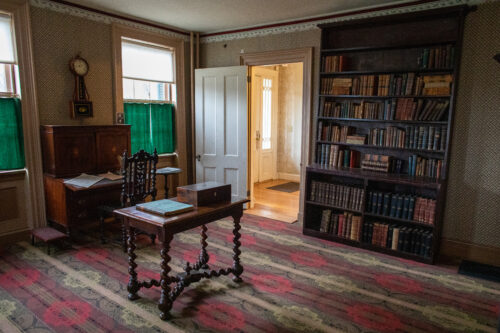
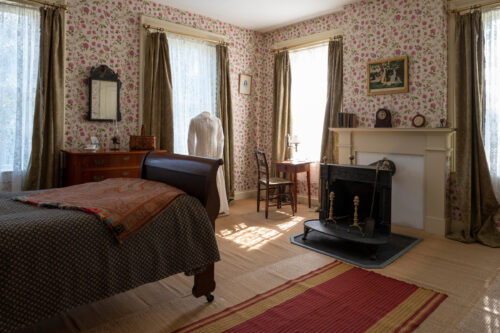
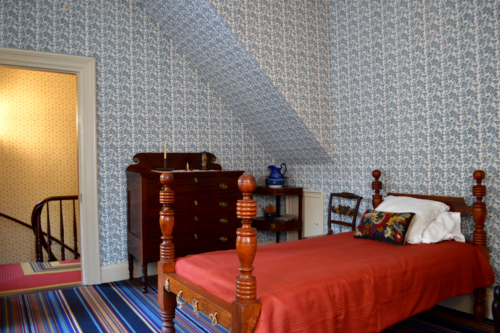
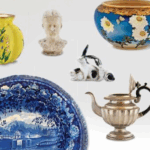
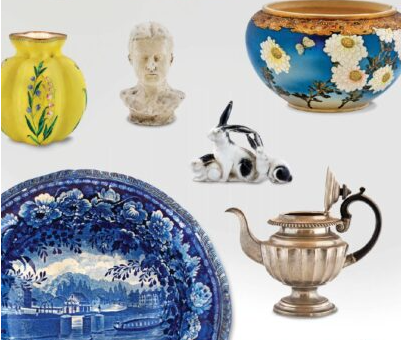 (Wednesday, September 13, 2023, AMHERST, MA) – Today the Emily Dickinson Museum announces the premiere of its online collection database. The Museum’s collection had remained largely undocumented and inaccessible until a major grant from the Institute of Museum and Library Services in 2019 funded the documentation and baseline cataloging of the entire collection for the very first time. This project has improved collection care, providedpublic access to the collection, will strengthen the museum’s interpretation, and open promising new research opportunities.
(Wednesday, September 13, 2023, AMHERST, MA) – Today the Emily Dickinson Museum announces the premiere of its online collection database. The Museum’s collection had remained largely undocumented and inaccessible until a major grant from the Institute of Museum and Library Services in 2019 funded the documentation and baseline cataloging of the entire collection for the very first time. This project has improved collection care, providedpublic access to the collection, will strengthen the museum’s interpretation, and open promising new research opportunities.